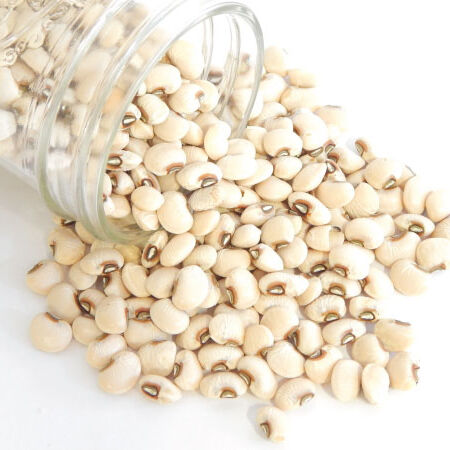Big Boy Purplehull, Cowpea Seeds
Key Attributes
Key Attributes
Product Details
Weight
0.07Depth
1.5Height
9Width
6Plant Height
15-18"Sub Type
CowpeasBotanical Name
Vigna unguiculata L.Seed Type
SeedSeeds Per Gram
4Seeds Per Pound
1,600Best Time To Sow
May-AugustPacket
100 SeedsSow Depth
1/2"Broadcast Rate Per Acre
70-120 lbs.Seeds Per Ounce
100Breed
Open-pollinatedSun
Full SunCubic Inches
81Life Cycle
AnnualCategories
CowpeasGermination
3,4,5,6,7,8Days To Maturity (# Days)
60Seeds Per Acre
120 lbsComponents
Growing Instructions
Shipping Schedule
Our Seed Promise
 "Agriculture and seeds" provide the basis upon which our lives depend. We must protect this foundation as a safe and genetically stable source for future generations. For the benefit of all farmers, gardeners and consumers who want an alternative, we pledge that we do not knowingly buy or sell genetically engineered seeds or plants.
"Agriculture and seeds" provide the basis upon which our lives depend. We must protect this foundation as a safe and genetically stable source for future generations. For the benefit of all farmers, gardeners and consumers who want an alternative, we pledge that we do not knowingly buy or sell genetically engineered seeds or plants.
The mechanical transfer of genetic material outside of natural reproductive methods and between genera, families or kingdoms, poses great biological risks as well as economic, political, and cultural threats. We feel that genetically engineered varieties have been insufficiently tested prior to public release. More research and testing is necessary to further assess the potential risks of genetically engineered seeds. Further, we wish to support agricultural progress that leads to healthier soils, to genetically diverse agricultural ecosystems, and ultimately to healthy people and communities.
To learn more about the "Safe Seed Pledge" please visit www.councilforresponsiblegenetics.org.

